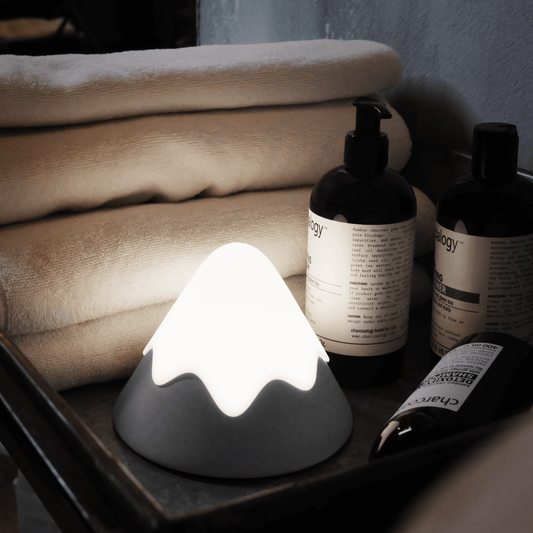If you're like most people, you probably don't get enough sleep. You might lose a few hours here and there due to work, family, or social obligations, but sometimes it feels like no matter how early you go to bed, you just can't seem to get enough shut-eye. If this sounds familiar, you're not alone—sleep deficiency is a widespread problem. But there may be a solution to your sleep woes, and it comes in the form of a simple mineral: magnesium.

How Magnesium Helps You Sleep
Magnesium is an essential mineral that plays a key role in many biochemical reactions in the body, including those involved in energy production, DNA synthesis, and muscle contraction. It's also involved in regulating blood pressure and blood sugar levels. Studies have shown that magnesium can help improve sleep quality by lengthening the time you spend in deep sleep (the stage of sleep when your body repairing and regenerating itself). In one study, people with insomnia who took magnesium supplements for eight weeks slept better and woke up less during the night than those who didn't take magnesium.
Magnesium is thought to improve sleep by interacting with GABA receptors in the brain. GABA is a neurotransmitter that calming effects on the nervous system (think: alcohol). When magnesium binds to GABA receptors, it has a sedative effect that can help promote sleep. Additionally, magnesium may help relieve anxiety—a common cause of sleeplessness—by reducing levels of stress hormones like cortisol.
Further Research Needed
While the research on magnesium and sleep is promising, more studies are needed to confirm its efficacy. Most of the studies conducted so far have been small-scale and haven't looked at long-term effects. Additionally, most of the studies have used magnesium supplements, so it's unclear if dietary sources of magnesium would have the same effect. However, given that magnesium is essential for overall health and well-being, there's no harm in trying to get more of it through diet or supplements. Good sources of magnesium include leafy green vegetables (spinach), nuts (almonds), whole grains (quinoa), beans (black beans), and fish (salmon).
If you're struggling to get a good night's sleep, Magnesium might be worth trying as a natural remedy. Although more research is needed to confirm its efficacy, preliminary studies suggest that it can help improve sleep quality by lengthening deep sleep and reducing anxiety levels. Good dietary sources of magnesium include leafy green vegetables , nuts , whole grains , beans ,and fish . So next time you're at the grocery store stock up on these foods—your body—and your mind—will thank you!






















